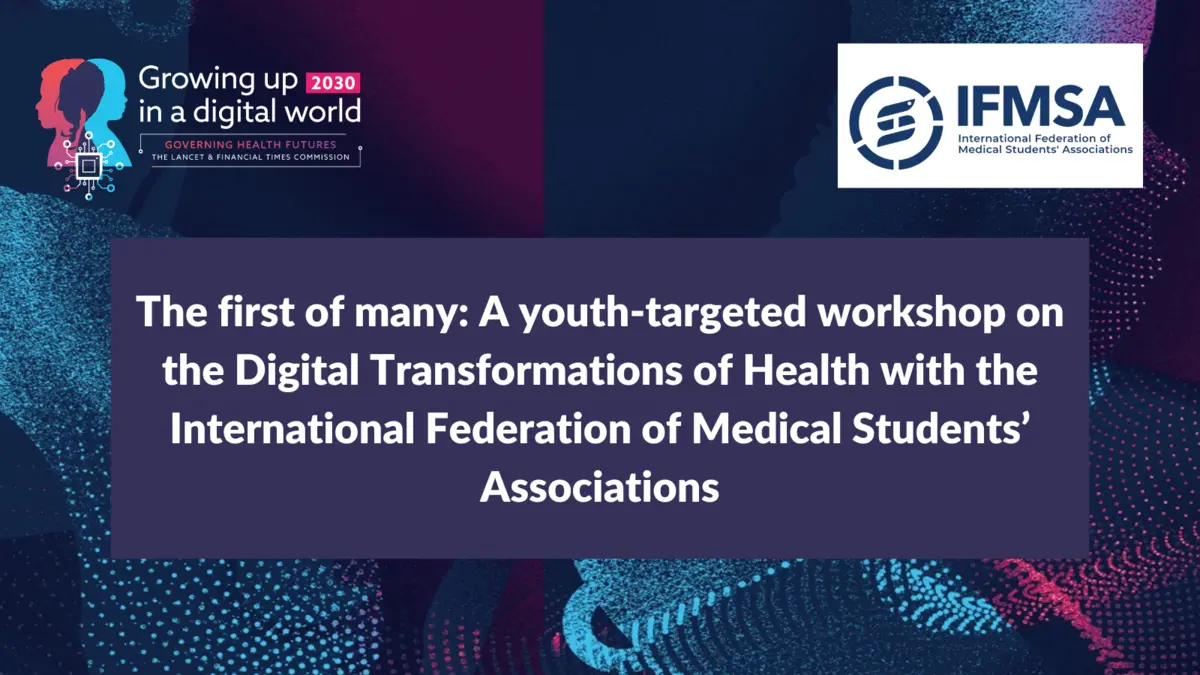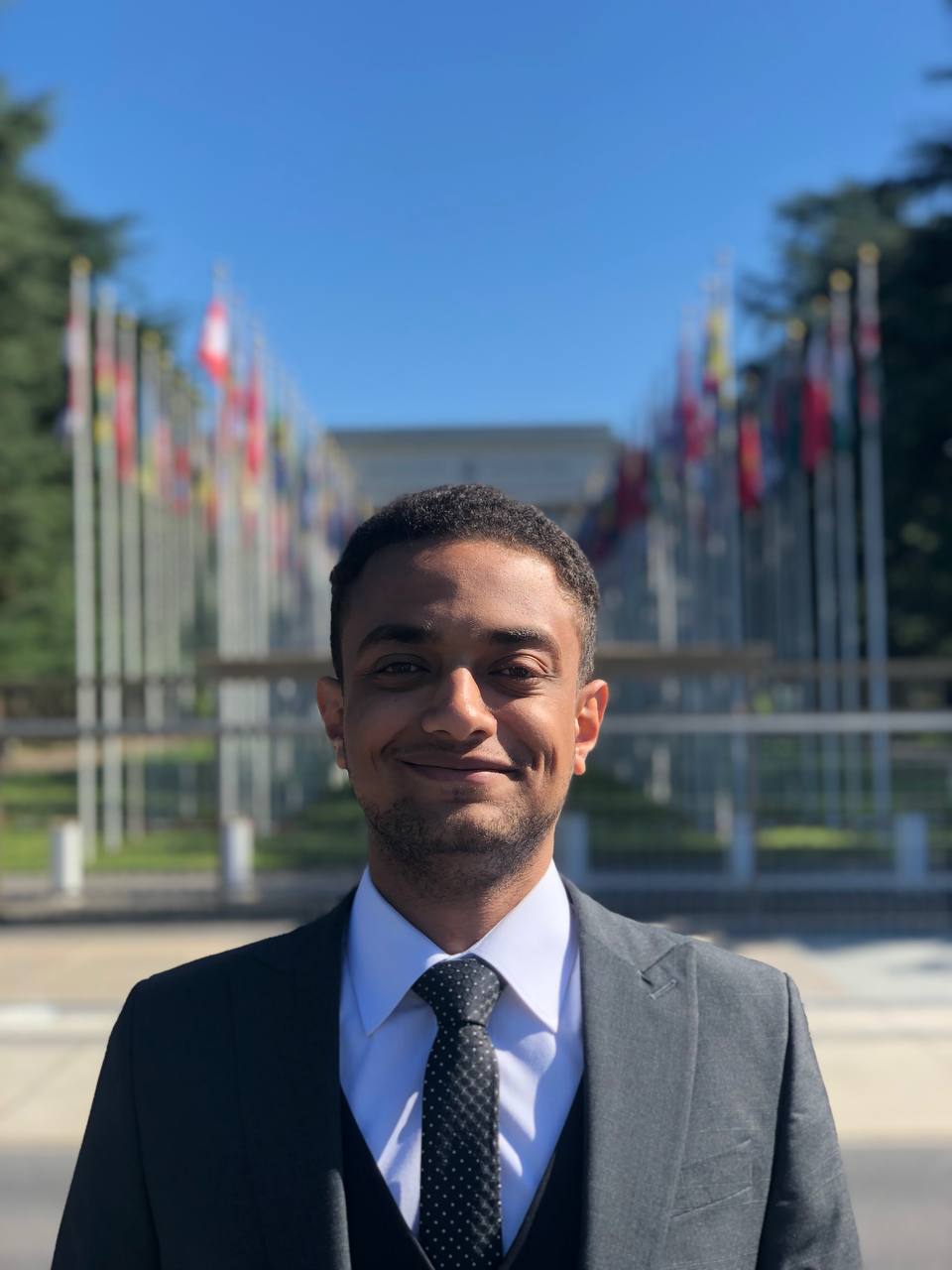The partnership between the Lancet and Financial Times Commission on Governing health futures 2030: Growing up in a digital world (GHFutures2030) and the International Federation of Medical Students’ Association (IFMSA) has led to several joint activities, intergenerational dialogues, and space for knowledge exchange since the Fall of 2020.
Since February 2022, the two organisations co-created a pilot capacity-building workshop, bringing together IFMSA members from around the world with key experts from the Commission. The overall goal of the workshop was to improve the capacity of the future health workforce and youth leaders from around the world on important concepts related to governing health futures within the digital transformation of health. Three sessions were held during the United Nations General Assembly (UNGA) 2022 to bolster knowledge sharing of young health professionals during an important global convening in support of the Sustainable Development Goals (SDGs).
Before designing the capacity-building workshop, the GHFutures2030 Commission shared a survey with IFMSA members to identify the thematic areas of greatest interest to them within the field of digital health. This survey aimed to gain direct responses from IFMSA delegates of the Youth PreWHA on what they want to learn more about and what session topics would support their professional development. Such a process aimed to better ensure capacity building workshops that are co-designed by and for young people who gain to benefit from such knowledge sharing. The survey ran from 4 to 24 May. A summary of the survey highlighted the thematic focus areas of most interest to the cohort including: global health governance, digital determinants of health, leadership: health professionals and policy makers, and how the digital transformation improves health and wellbeing.
These results informed the development of the capacity building workshops. On the 17, 18, and 24 September 2022, thirty medical students from all five WHO regions joined the online course. The sessions included opening presentations from GHFutures2030 Commissioners and external experts followed by interactive breakout sessions and working groups to solidify the learnings.
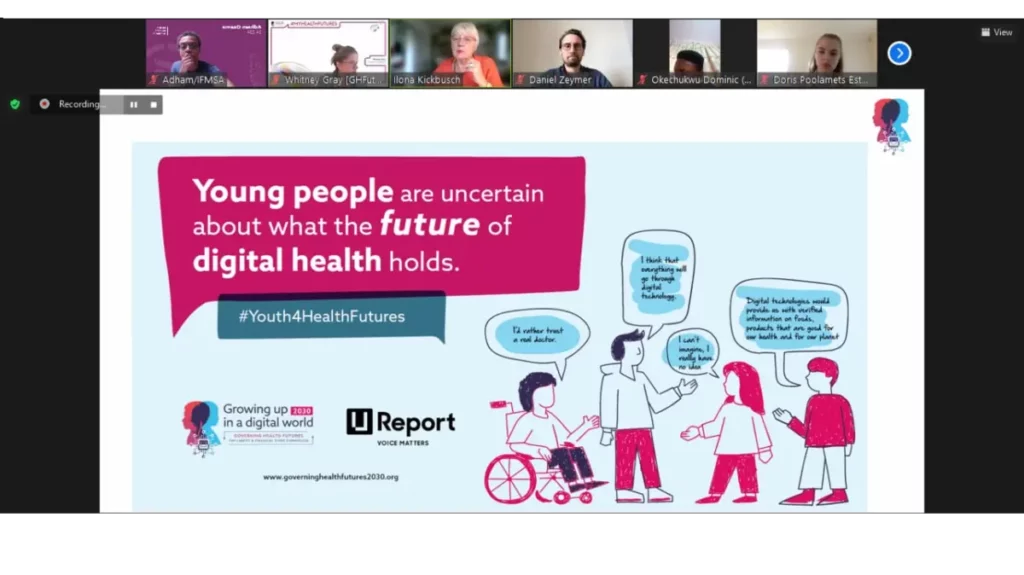
The course was composed of three sessions:
Session 1 – Global health governance: Governing the digital transformation of health today and tomorrow
Facilitated by Katri Bertram, Global Health Expert and Dr Rohinton Medhora,GHFutures2030 Commissioner and Distinguished Fellow, Center for International Governance Innovation (CIGI)
The session tackled global health governance: laws, norms and power dynamics that help us to organise our systems and society. The session clarified that global health is about all people worldwide not only those in developing countries, while highlighting that a good governance system should focus on: the quality and extent of the digital infrastructure, the nature of governance and legal systems, the political economy of innovation, and the social context.
Session 2 – Leadership: Health professionals and policymakers
Facilitated by Dr Anurag Agrawal, Dean, BioSciences and Health Research, Trivedi School of Biosciences, Ashoka University and GHFutures2030 Co-chair and Dr Emanuele Capobianco, Director of Programming, WHO Foundation and GHFutures2030 Commissioner.
The second session focused on a burning question, ‘Why do we need diversity in global health leadership and what skills are needed to be successful?’. Consensus from the group included important skills needed in relation to communication and public speaking, diplomacy, critical thinking, and listening. A general desire of curiosity coupled with the bravery to explore different opportunities was also highlighted by the facilitators.
During the session, Commissioner Professor Ran Balicer Founding Director, Clalit Research Institute; Chief Innovation Officer, Clalit Health Services shared a particular case study on the data driven mitigation of the COVID-19 pandemic in Israel which provided a practical case study to the participants to better understand the intersectoral response needed in leadership for shared success.
Session 3 – Effects of the digital transformation of health and wellbeing: The case for digital determinants of health
The last day was a wrap up of the pilot course and was facilitated by Professor Ilona Kickbusch, Co-chair of the Commission and Chair of the International Advisory Board, Global Health Centre at the Graduate Institute of International and Development Studies.
During the session Dr Kickbusch outlined the key findings of the Lancet and Financial Times Commission report on Governing health futures 2030: growing up in a digital world including:
- Address the digital determinants of health
- A value-based framework for governing health futures
- Putting young people at the centre.
She also shared findings of the joint research completed by the UNICEF Report and GHFutures2030 with six key recommendations from young people for policy makers and tech companies to address:
- Increase access to internet and digital technologies
- Improve the quality of online health information and services
- Build stronger regulations to protect young people from online harm
- Involve young people in the design and regulation of digital technologies
- Build young people’s trust by listening to their points of view
- Increase digital health literacy and skills.
Participants that joined were awarded a certificate of attendance. The sessions are now available for open access to other youth that are interested in learning about these issue areas:
- Session 1:
- Session 2:
- Session 3:
With over 300 applications received from IFMSA members globally to join the workshop series and a 95% satisfaction score from participants in relation to the speakers that joined, IFMSA and GHFutures2030 look forward to future collaborations and capacity building workshops that focus on the digital transformations of health and the opportunities for impact as the future health workforce.
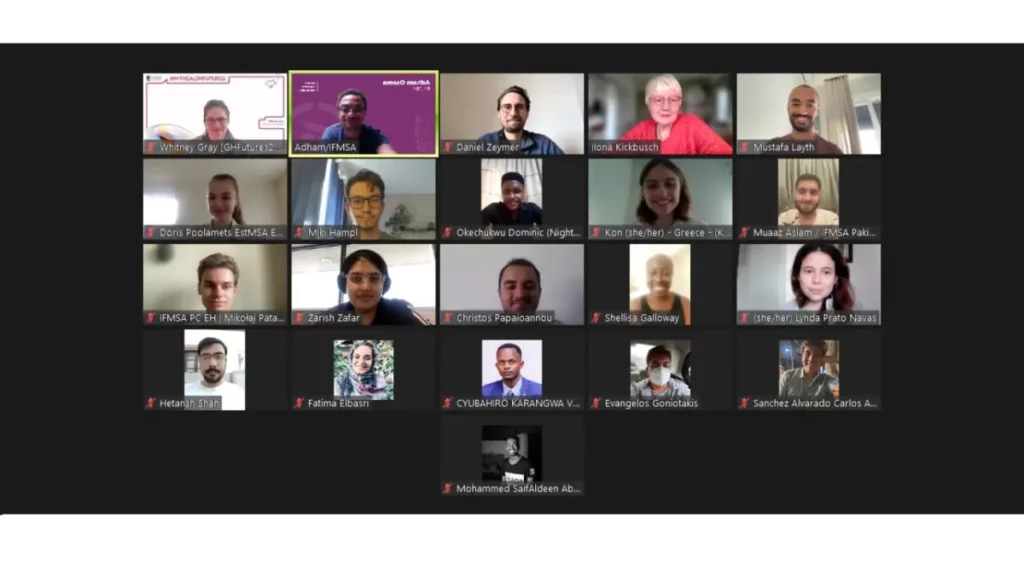
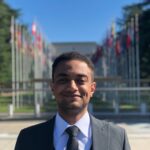
Adham Osama
Adham Osama is a final year medical student from Egypt. He was formerly an External Affairs Capacity Building Assistant in the International Federation of Medical Students Associations, which represents 1.3 million medical students worldwide. He served as the IFMSA focal point for the course and has been engaged in policies and youth led advocacy on many levels, attending the 74th and 74th World Health Assemblies, UN HLPF 21, and ECOSOC youth forum 21.
-
This author does not have any more posts.

Inês Viva
Inês Viva is a Medical Doctor based in Portugal. Throughout Medical School and after she has been involved in volunteering roles related to medical education, UHC, Digital Health, advocacy, and policy-making. She is the past IFMSA Vice-President for External Affairs of the International Federation of Medical Students' Associations.
-
This author does not have any more posts.
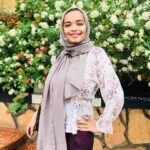
Fatima Mohammed
Fatima Mohammed is a 5th year medical student at Khartoum University, Sudan. She was the External Affairs Regional Assistant for Africa in the International Federation for Medical Students Association. She was part of IFMSA delegation to the 74th and 75th World Health Assemblies and UN-HLPF 2021. She is currently serving as a reviewer for the Wiley Health Science reports journal and the BMC journal of tropical medicine and health.
-
This author does not have any more posts.
